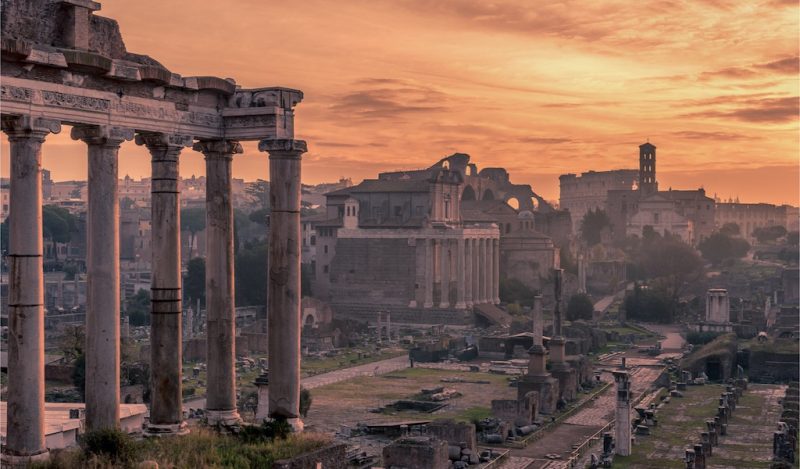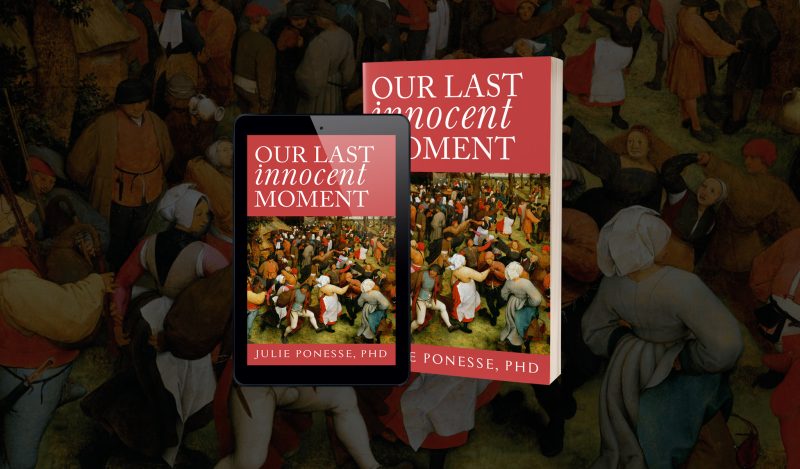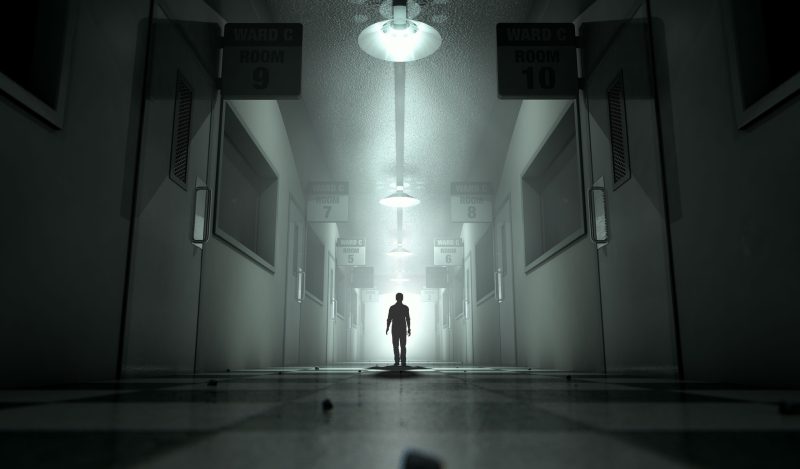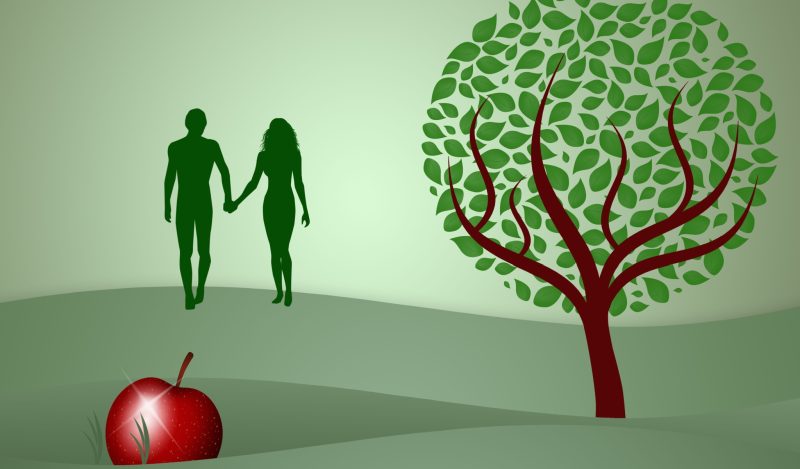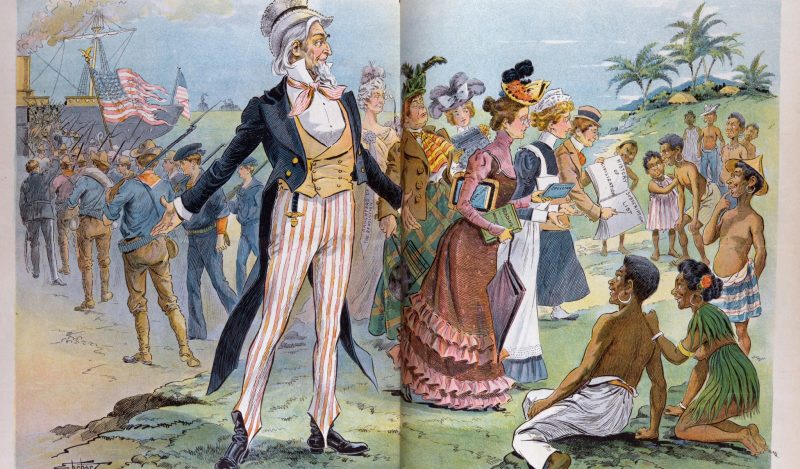Americans expect good consumer service. It’s in our DNA, and stems from our historic exaltation of enterprise over central planning. Under free enterprise, the consumer drives production decisions. Profits are made from service to others. It’s voluntary, on all sides. That fosters a beautiful spirit of cooperation.
These days, however, not so much. Half of Americans could soon be on welfare, as a permanent extension of lockdown largess. This means that they have found another way to pay the bills, besides working in the service of others. They’ve learned the value of using government to take from others. That’s not voluntary. It’s a system that relies on force.
It’s sadly true of business too, after a year in which so many survived on government subsidies. Now that they are open for business, they are having a hard time attracting workers out of their couch-potato lives. In the retail sector, this has led to shabby service. Business can’t help it but consumers aren’t used to it.
In the Miami airport this weekend, the restaurants and bars were understaffed by more than half. That meant impatient and often angry customers. The employees who were there became jaded and started snapping back. Instead of the usual smiles and thank you one sees in free enterprise, the whole scene was full of angst and anger.
I’ve certainly noticed that since the end of lockdowns, things aren’t right with the world. People are misbehaving. There seems to be an unmooring from morality going on, with good people gone bad and bad people made worse. I’ve checked my instincts with others, and they’ve said the same.
Everyone seems to be experiencing a giant uptick in sheer viciousness, either by being subjected to it or inflicting it. Nice has been replaced by mean, patience by anxiety, compassion by cruelty, and ethics by nihilism.
It’s not hard to document actually. The CDC conducted a survey in December and found that 42% of Americans reported experiencing depression, anxiety, and other serious mental maladies. This is up from 11.7% in previous years. That fits with what I’ve seen. In normal times, you can generally assume that 1 in 10 people have some serious mental issue. Now it is more than 4 in 10.
More specifically, the survey asked about “1) feeling nervous, anxious, or on edge; 2) not being able to stop or control worrying; 3) having little interest or pleasure in doing things; and 4) feeling down, depressed, or hopeless.”
That about sums it up. That this would convert to aggression and the blotting out of the conscience is to be expected.
Guess which group is most affected? It’s working-age people. But consider this incredible finding. The group not affected by heightened depression and anxiety is those who are 80 years old and over. In other words, the people most vulnerable to severe outcomes from Covid were least affected by psychological maladies in the last year.
Which is to say: this isn’t the virus. It’s the lockdowns.
All this plays itself out in new levels of cruelty experienced at the hands of others. The Federal Aviation Administration issued data that reports of unruly behavior, wild antics, fights, and even violence on flights are 10 times what they used to be. Airlines have doubled down on enforcement but that only makes matters worse, as people fight back against being treated like caged animals. Threats and fines can unleash the fight or flight instinct.
One flight attendant let slip to me that they are considering a permanent ban on alcohol on planes. Oh sure, that will work out well. Passengers will end up sneaking harder liquors on board or getting sufficiently tanked up enough before the flight to last for the duration. Instead of sipping on board, they will board already three sheets to the wind (here’s an explanation of that phrase’s origins).
All of this is of course directly related to stress, depression, and anxiety – and not soluble through prohibition.
You can observe the collapse in morality in crime statistics. After decades of falling crime, murders in 2020 were up 30% in American cities over the previous year, and up again 25% this year. In New York City, murders were up 73% in May, over the same time last year. Burglaries, assaults, and petty theft are rampant. Crime is now a top political issue in local elections.
It’s routine to place blame on the presence of guns, as if a tool for protection somehow causes people to become violent against others. The other side says it’s because of the defunding movement that has made police overly cautious and concerned about their budgets. What none of this considers is the possibility that many people are simply feeling more violent due to the chaos introduced last year in American life.
A general feeling of safety and goodness in a community is the product of long-evolved feelings of empathy and the cultivation of basic ethical postulates. It becomes institutionally embedded in a culture, and is supported by educational practices and institutions — including religious ones.
Still the best book I’ve seen on this topic is Adam Smith’s Theory of Moral Sentiments. He traces moral behavior and expectations to patterns of social and economic life, wherein people discover more success through cooperation and trade rather than violence and pillaging. In his view, what we call freedom is both the precondition for the good society and its mechanism of reinforcement and regeneration.
What in Smiths’ view would cause a sudden decay in decency? He doesn’t speculate, but we can: a sudden imposition of legal upheaval that dramatically curbs the control people have over their lives. These days we would sum that up as lockdown: you can’t travel, run your business, leave the house unless you have permission, go to worship services, and are required to wear government-approved clothing devices when you go out.
A system that would severely damage human psychological health and thus, morality would be one that dramatically uproots every freedom that people had previously taken for granted. The phrase “unleash hell” comes to mind; that is literally what lockdowns did to this country. We see it in surveys of mental health and it manifests itself in crime and the general collapse of public morals.
A central presumption of the pandemic response was that you cannot make decisions for yourself. Public health authorities have to manage your life, and also all the whole social system. This presumption takes power and responsibility away from people and grants it to powerful people we otherwise do not know. They failed miserably, so we are left with the worst of all worlds: psychologically shattered people living under systems in which no one has confidence.
Combined with a truly terrifying rise of moral nihilism revealed in crime data, the situation is ripe for political exploitation. Rather than look back on the disaster of 2020 with apology and regret, politicians in the US will push for even larger increases in government. Meaning more welfare and more cops or, most likely, both. If an economic crisis hits too, look out.
I wish this article could end on an optimistic note, but Adam Smith – among so many others – wrote that the collapse in core moral postulates governing the social order is the worst-possible fate to befall a nation. All institutions become vulnerable at that point.
The darkness that fell across this land desperately needs light to drive it out. This will not come from official institutions, much less mainstream media venues, but from courageous individuals and enterprises – they exist – who refuse to be cowed and coerced into losing their civilization.
Published under a Creative Commons Attribution 4.0 International License
For reprints, please set the canonical link back to the original Brownstone Institute Article and Author.
